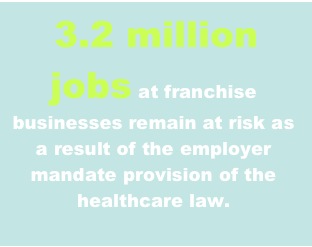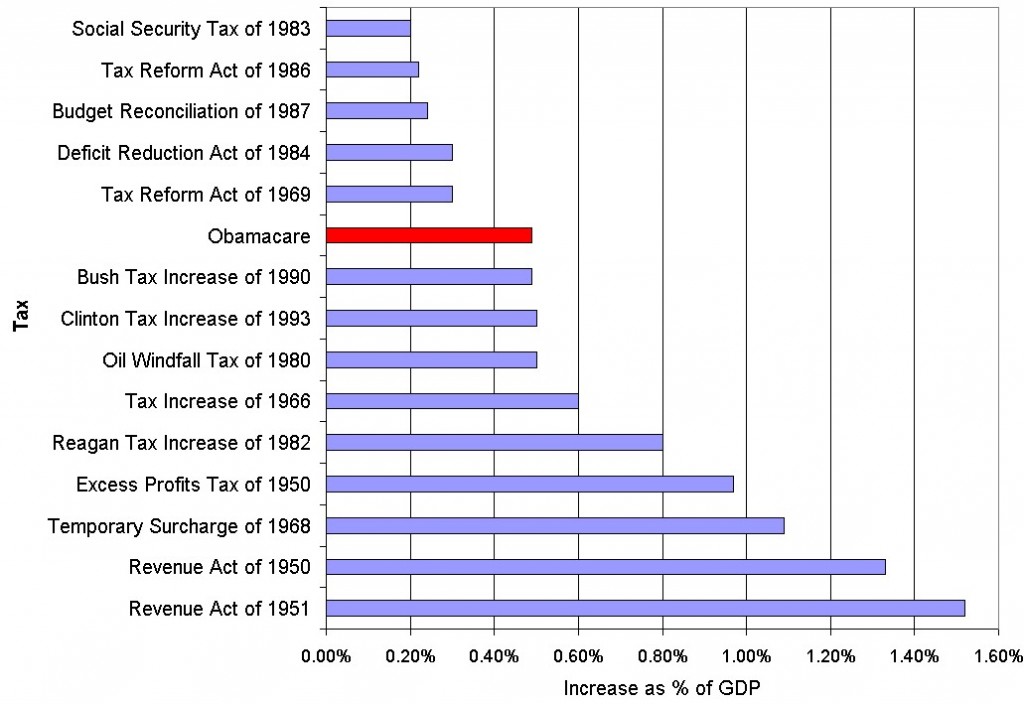WIN Home Inspection announces it’s achievement of being ranked in the top 10 percent of all franchises nationwide, and being named a 2013 Military Friendly Franchise® in both the general services and real estate listings by G.I. Jobs Magazine for the second year. At WIN, Veterans represent 1/4 of their company’s franchisee base and they provide realistic opportunities for Vets to become successful business owners through the WIN for America program, in which veterans can qualify for Gold, Silver or Bronze level awards, allowing for 100%, 50% or 10% of their franchise fee to be waived.
To date in 2013, four veterans have been recipients of WIN for America awards:
- Marshall Davidson, Decatur, AL
- Bryan Haley, North Branch, MN
- Philip Morgan, Frisco, TX
- George Parra, Memorial, TX
On top of that, WIN works with the IFA VetFran Program and the Military Base Transition Program.
“Our business model has low capital startup costs, low fixed costs, high margins, and requires no brick and mortar. It’s a proven success model,” says WIN Home Inspection President, Steve Wadlington. “Central to this effort is our ‘WIN for America’ Award program, along with individual business planning. We are proud to give back to those who have served.”
“The Military Friendly Franchises® list was created four years ago out of demand from military veterans, many of whom want to start or own their own business, but are unclear where to begin,” said Sean Collins, director for G.I. Jobs. “Veterans make great franchisees in our business. Our most success and productive business owners are ex veterans.”
The full list of Military Friendly Franchises® is published each June in G.I. Jobs Magazine, and on http://militaryfranchising.com, a web tool that helps veterans decide which franchise to choose. Click here to learn more about the WIN veterans opportunity.
ABOUT WIN HOME INSPECTION
WIN Home Inspection began in 1993, offering home inspection business franchises in the Pacific Northwest. Within a year, the company dominated this regional market and has since expanded across the US with 173 locations in 27 states. It is one of the fastest growing home inspection companies in the country, and listed on VetFran and GI Jobs as a top 10 Veteran-Friendly Franchise.
A member of the VetFran Chairman’s Corps, WIN is a recognized leader on behalf of veterans and the franchise industry. For information on WIN Home Inspection and the home inspection business opportunity, please visit http://veteransfranchise.com/franchise/WIN-Home-Inspection.


